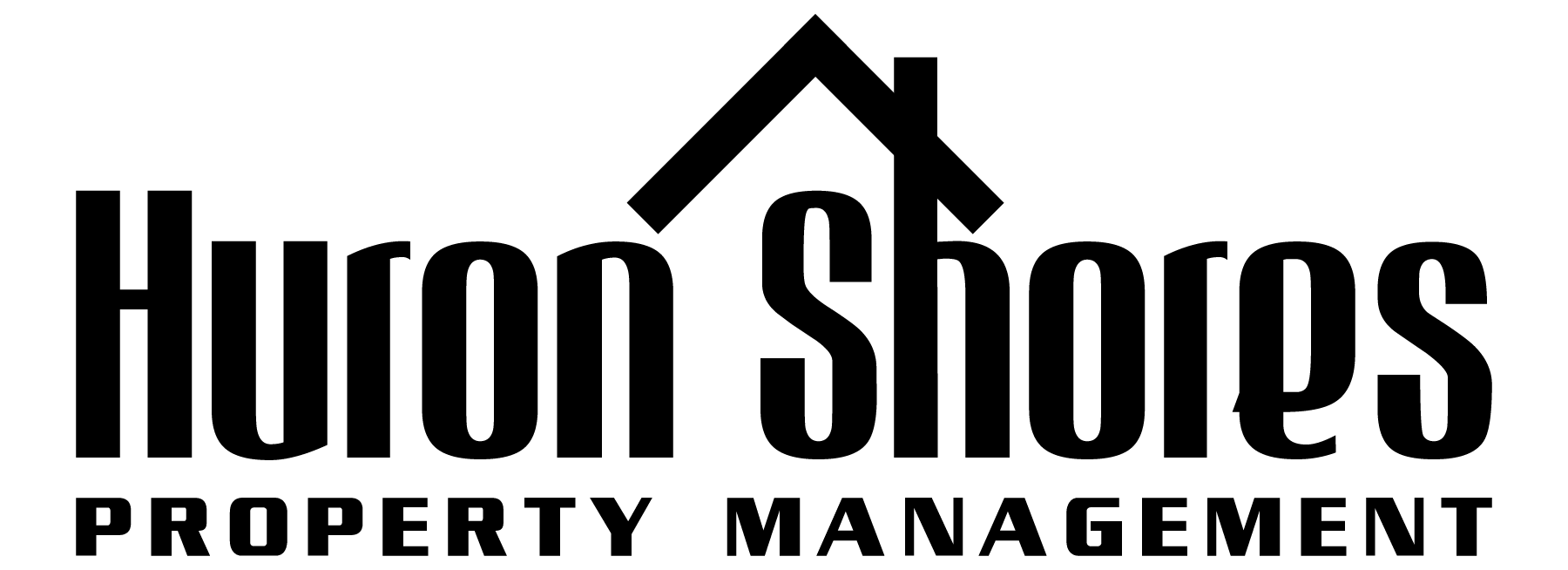Crisis management is a critical aspect of condominium governance, particularly for condo boards tasked with ensuring the safety and well-being of their residents. In Windsor, where various challenges can arise unexpectedly, having a well-prepared crisis management plan is essential. This guide explores effective strategies to help condo boards in Windsor manage crises efficiently and maintain community stability.
Understanding Types of Crises
Condo boards should prepare for a range of potential crises, including:
- Natural Disasters: Such as floods, storms, or severe winter weather.
- Structural Failures: Including issues like burst pipes or electrical failures.
- Security Incidents: Break-ins, vandalism, or other security breaches.
Developing a Comprehensive Crisis Management Plan
A robust crisis management plan involves several key elements:
- Risk Assessment: Identifying potential crises that could affect the community and assessing their likelihood and potential impact.
- Response Strategies: Outlining specific actions to manage different types of crises, from immediate response to longer-term recovery.
- Communication Plans: Establishing clear protocols for communicating with residents, emergency services, and other stakeholders during a crisis.
Training and Preparation
Preparation is crucial for effective crisis management:
- Regular Training: Conducting regular training sessions with the condo board and staff to ensure everyone knows their roles during a crisis.
- Emergency Drills: Organizing drills involving all residents to ensure they can evacuate safely or shelter in place if needed.
- Updating Contact Lists: Maintaining up-to-date contact information for all residents, local emergency services, and key contractors.
Leveraging Technology in Crisis Management
Technology can play a significant role in enhancing crisis response:
- Emergency Alert Systems: Implementing systems to quickly disseminate information to residents via text messages, emails, or intercom announcements.
- Surveillance and Security Systems: Using technology to monitor the property and improve security responses.
- Data Backups: Ensuring all critical documents and data are backed up and accessible remotely in case of emergencies.
Engaging with the Community
Community involvement is essential for effective crisis management:
- Regular Updates: Keeping residents informed about the crisis management plans and any changes to procedures.
- Feedback Mechanisms: Encouraging residents to provide feedback on the crisis management strategy and participate in its refinement.
- Support Networks: Creating support networks within the community to assist vulnerable residents during a crisis.
Conclusion
For condo boards in Windsor, being prepared with a comprehensive crisis management plan is not just about responding to emergencies—it’s about fostering a resilient community. By understanding potential crises, preparing thoroughly, leveraging technology, and engaging residents, condo boards can enhance their effectiveness in managing any situation that arises.




